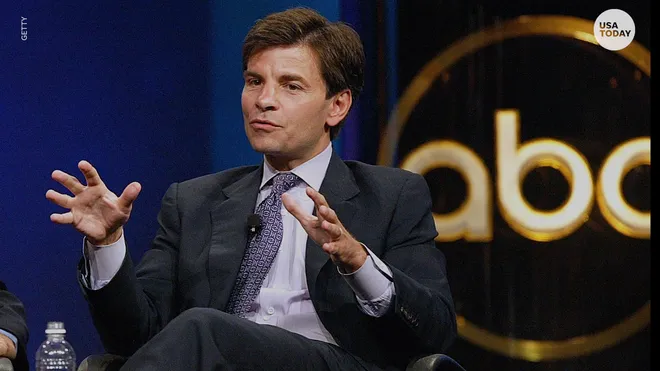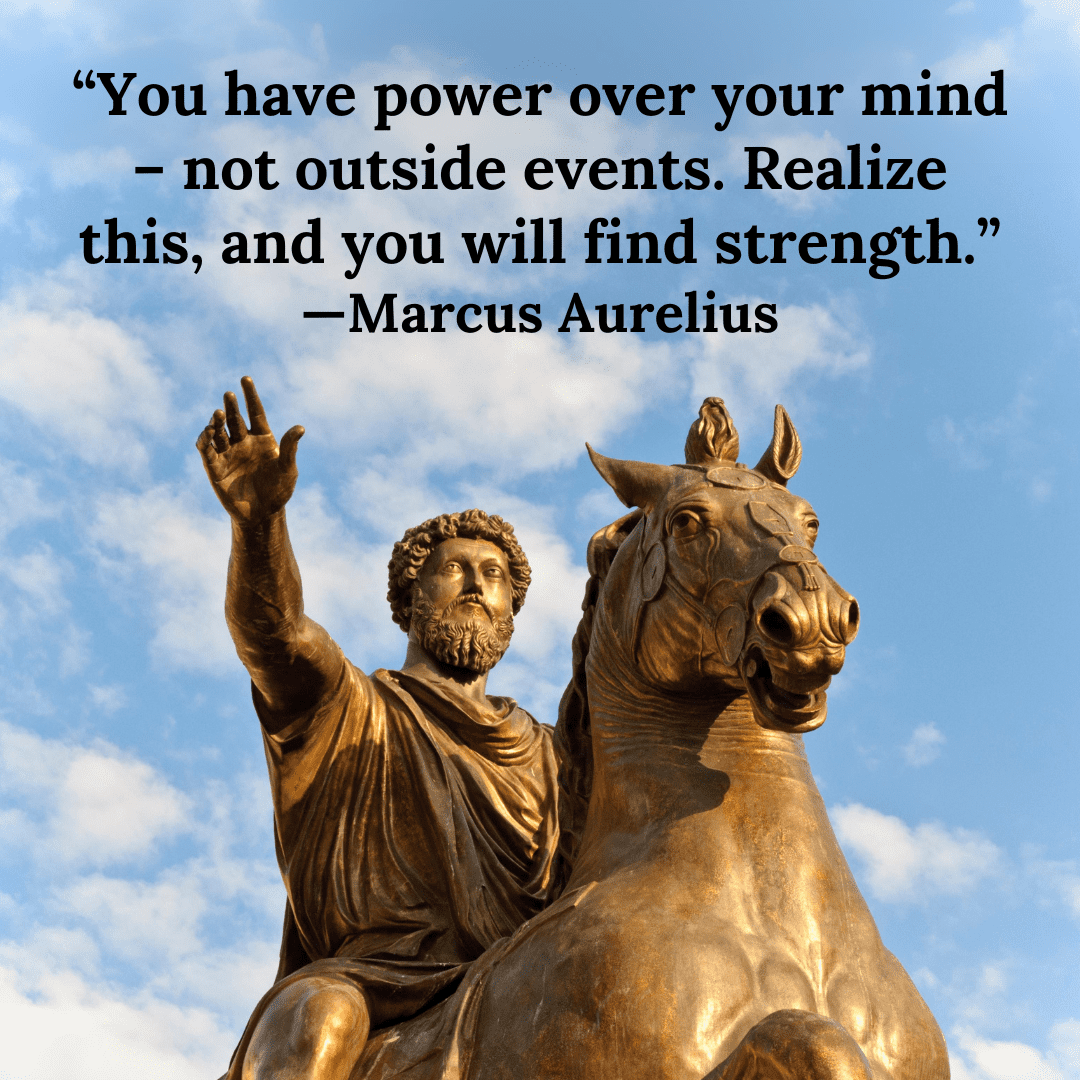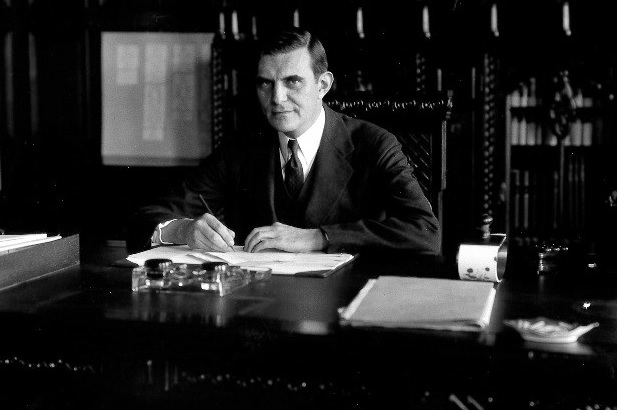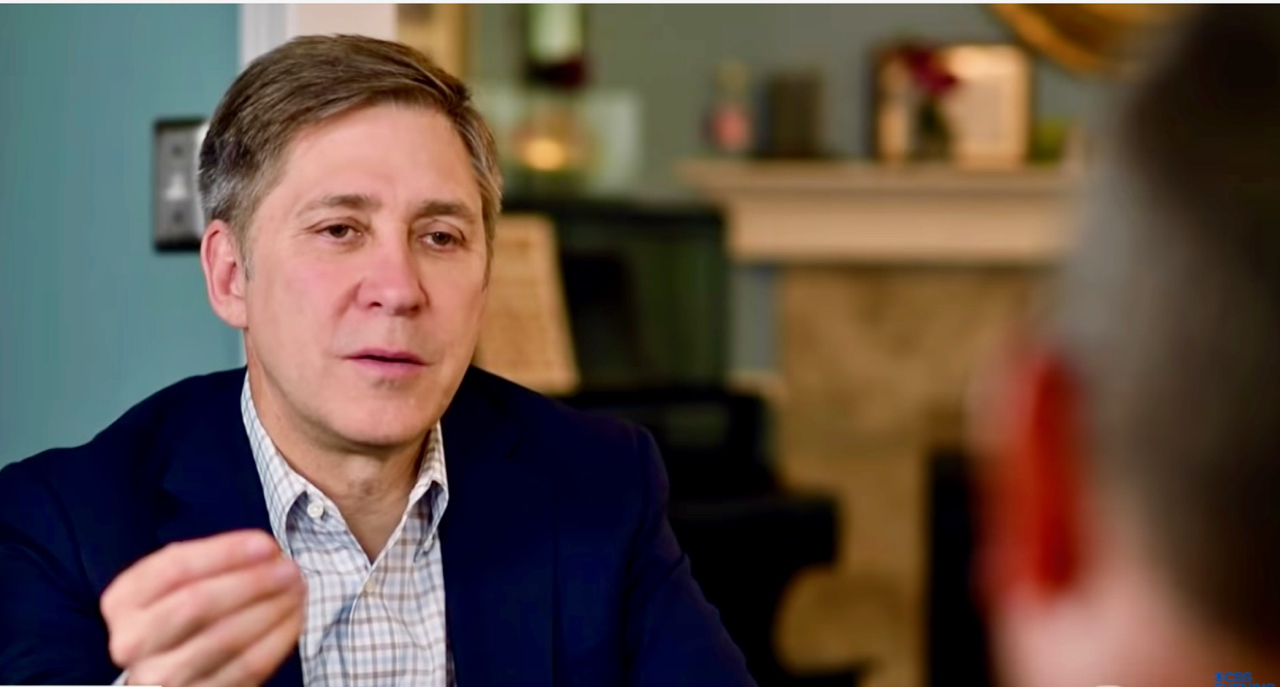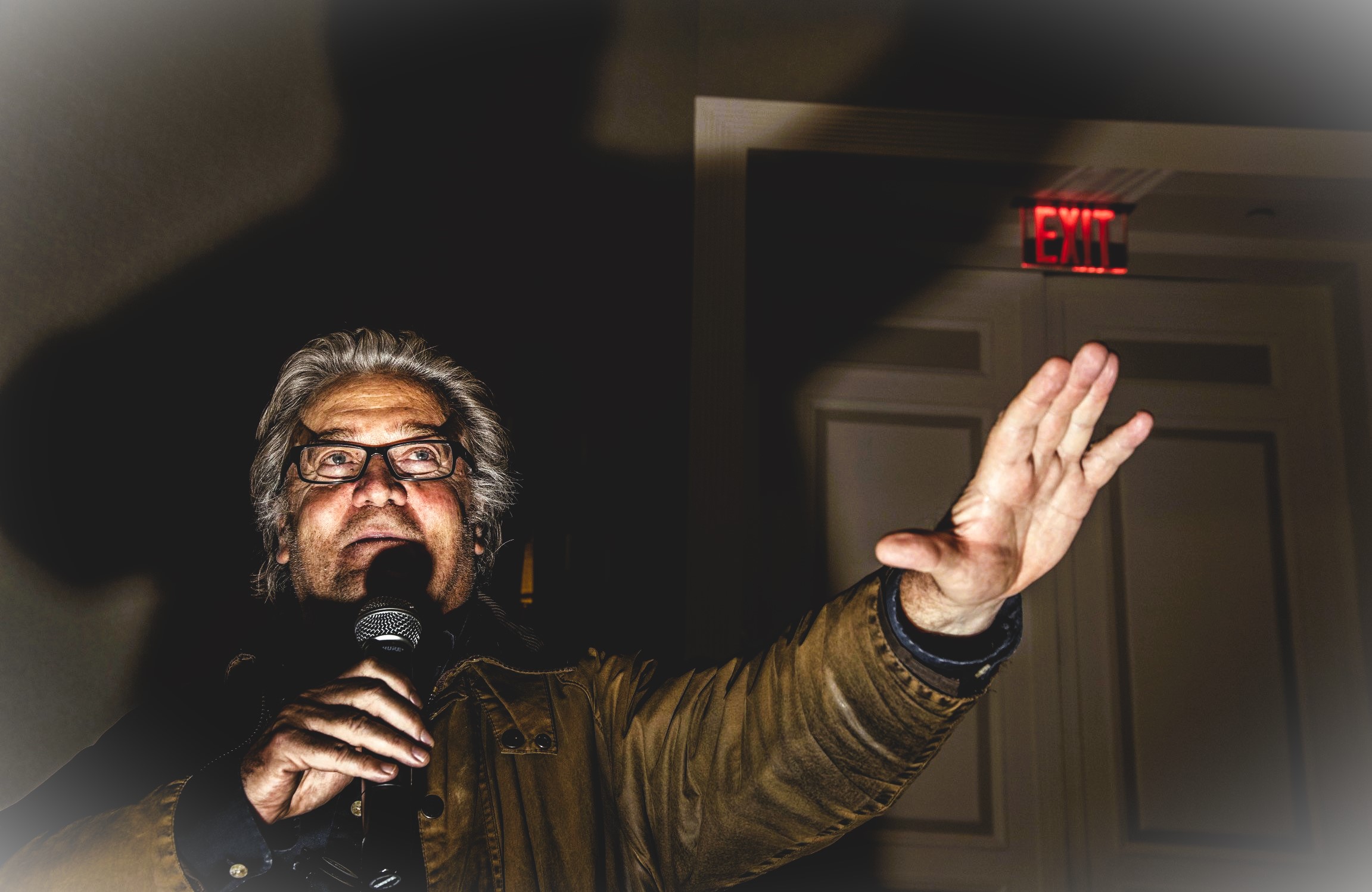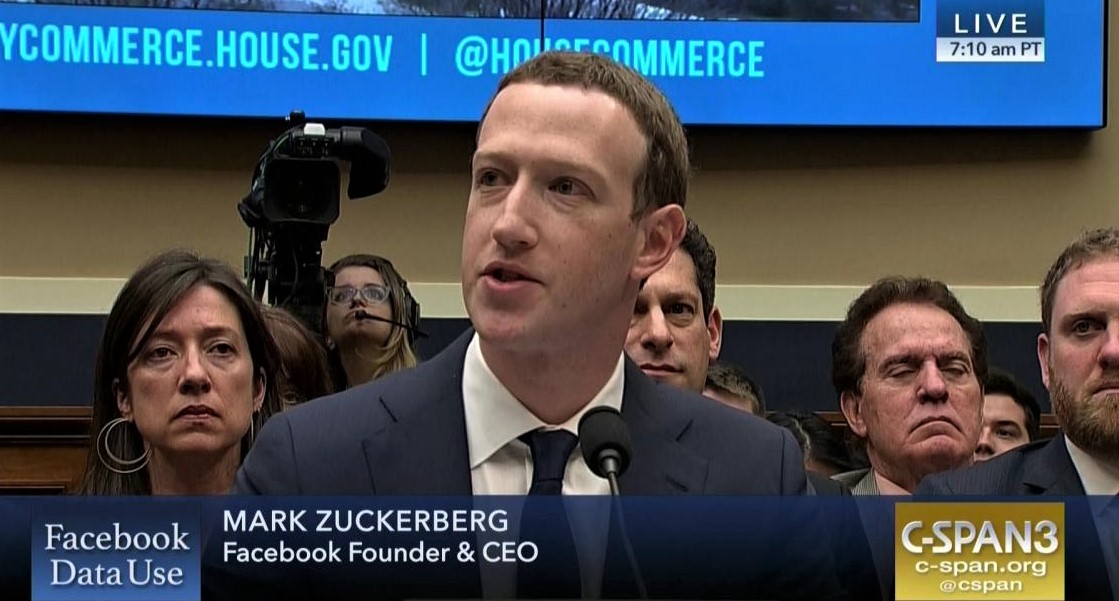“A lie gets halfway around the world before the truth has a chance to get its pants on.”
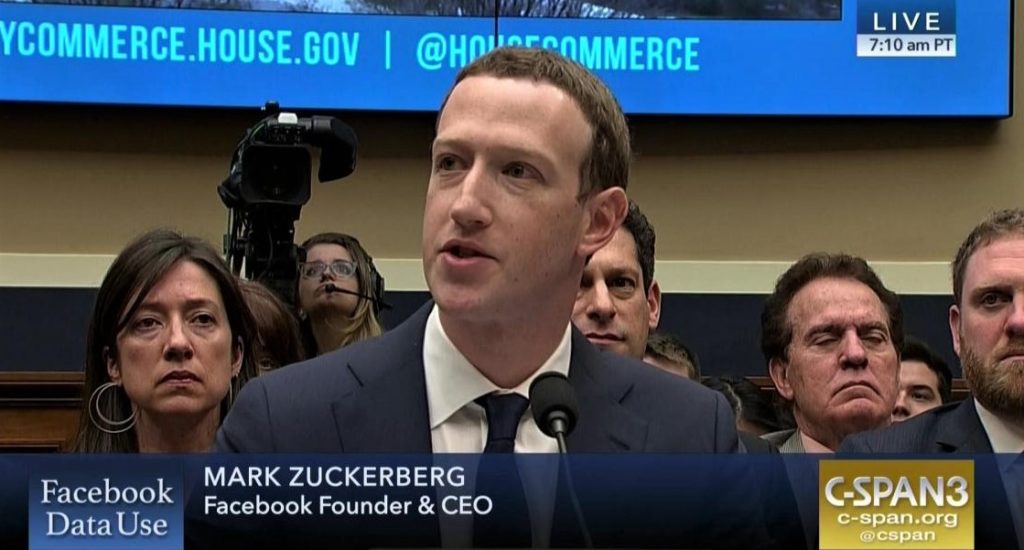
Fact-check: while attributed to Winston Churchill, versions of the expression existed as far back as the 1700s. Since the advent of social media, however, that cautionary quote needs serious updating and here’s why.
Currently, more than 2.41 billion individuals use Facebook, of which the U.S. share is 241 million users, accounting for 68 percent of the total population, according thebalancecareers.com.
“As of July 2019, more than 5 million advertisers utilize Facebook’s platform, and 93 percent of marketers regularly use it.” Facebook’s advertising accounts for nearly 20 percent of all global digital advertising, and “Instagram, which Facebook owns, accounts for 20 percent of its mobile ad revenue.”
“Facebook made more than $40 billion in revenue in 2017, approximately 89 percent of which came from digital advertisements,” according to Investipedia.
That is a staggering number of users, advertisers and money!
What’s more staggering is that one individual controls the content, price structure, and the rules for all this and his name is Mark Zuckerberg.
Facebook is no longer just a digital success story, it’s a monster of power and influence. That’s scary. More frightening is the level of trust users place in information found on social media sites like Facebook.
Pew Research reports that 45 percent of Americans get their news from Facebook. FORTY-FIVE percent! That’s staggering.
In a recent speech at Georgetown University in Washington DC, Zuckerberg offered historical examples demonstrating the power of free expression and “giving people a voice.” His key point reflects current Facebook policy:
“Most people agree with the principles that you should be able to say things other people don’t like, but you shouldn’t be able to say things that put people in danger.”
I’m glad Zuckerberg appears to support libel laws (“to publish in print (including pictures), writing or broadcast through radio, television or film, an untruth about another which will do harm to that person or his/her reputation, by tending to bring the target into ridicule, hatred, scorn or contempt of others.”)
However, Zuckerberg was called to testify before a recent House hearing to answer questions about the intersection of politics, social media and the truth — particularly information on Facebook that ridicules, scorns and causes harm to others. Here’s how he tried to defend Facebook’s policy before New York Representative Alexandria Ocasio-Cortez.
A.O.C.: Would I be able to run advertisements on Facebook targeting Republicans in primaries saying they voted for the Green New Deal? If you’re not fact-checking political advertisements, I’m trying to understand the bounds here of what’s fair game.
M.Z.: I don’t know the answer to that off the top of my head.
A.O.C.: Do you see a potential problem here with a complete lack of fact-checking on political advertisements?
M.Z.: Congresswoman, I think lying is bad. I think if you were to run an ad that had a lie, that would be bad. That’s different from it being — in our position, the right thing to prevent your constituents or people in an election from seeing that you had lied.
A.O.C.: So you won’t take down lies or you will take down lies? It’s a pretty simple “yes” or “no.”
M.Z.: Congresswoman, in most cases, in a democracy, I believe people should be able to see for themselves what politicians they may or may not vote for are saying and judge their character for themselves.
Great, Mark! And I’m sure every single U.S. voter can easily recognize the truth vs. the lies.
Here’s what Twitter founder Jack Dorsey said about the company’s position on political ads, as reported by The Hill (Oct. 30):
“We’ve made the decision to stop all political advertising on Twitter globally. A political message earns reach when people decide to follow an account or retweet. Paying for reach removes that decision, forcing highly optimized and targeted political messages on people. We believe this decision should not be compromised by money.”
However, the number of monthly Twitter users is about 330 million, worldwide, a fraction of Facebook users.
So, Mr. Zuckerberg, you are responsible for every false political ad appearing on Facebook.
You are responsible for passing along those false ads to billions of Facebook users.
You are responsible for not standing up for the truth that is necessary in a democratic society.
Here’s what you said in a statement on Facebook’s investor relations page in 2017.
“In 2018, we’re focused on making sure Facebook isn’t just fun to use, but also good for people’s well-being and for society.”
So, Mark, are you thinking about your well-being or the good of society?
Comments
